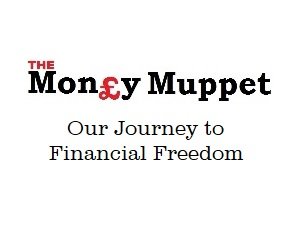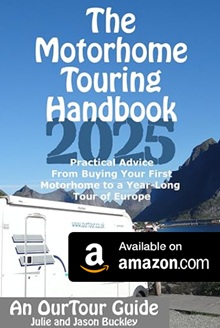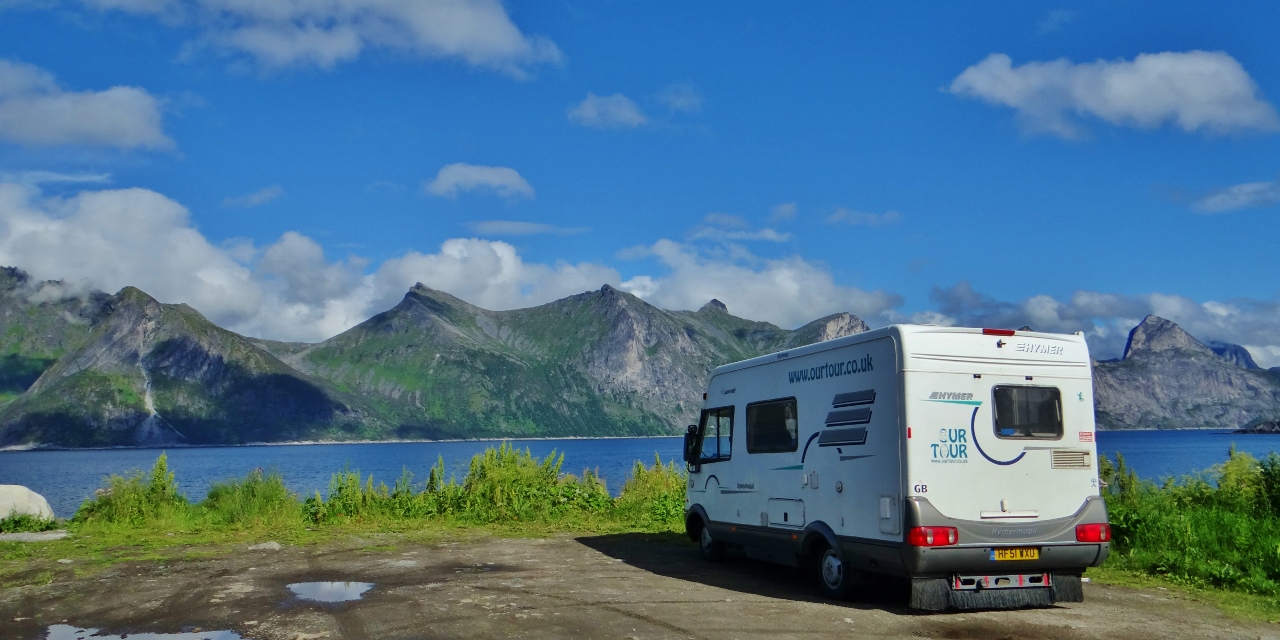The Fifty Grand Decision: Narrowboat or House
 This blog post about our fifty grand decision was originally written in February 2014 for our sister website – The Money Muppet. We set that site up in January 2014 as we embarked on our journey to financial freedom. The Money Muppet site no loner exists, so we’ve incorporated our financial journey into our travel blog.
This blog post about our fifty grand decision was originally written in February 2014 for our sister website – The Money Muppet. We set that site up in January 2014 as we embarked on our journey to financial freedom. The Money Muppet site no loner exists, so we’ve incorporated our financial journey into our travel blog.
Here follows a story of head over heart, where a spreadsheet’s guided our lives. Right or wrong, the odds are by thinking through this decision we just saved ourselves £50,000. That single decision will have shaved 2 years off our remaining full time working lives.
After two years of roaming Europe, with two adults and a small dog squeezed into in a 5.5m long motorhome, we were more than happy at the idea of living on a narrowboat back in the UK. We’d rented out our home for the time we were away, and when we came back our tenants asked if they could sign up for another couple of years. Sure, the place was far too big for us now anyway. Not fancying the idea of living in Dave on a local campsite, we found a two bed rental house and, after paying all 6 months up front as our jobless status meant we couldn’t pass the credit check, we moved in.
Then we started to think.
This will sounds crazy, I know: living in a house felt odd. After all those months of carrying our own fresh water, emptying a chemical loo, cooking on a 3 burner hob and searching out places to dump old used water, having everything on tap was, ah, too easy? Also, and maybe this is closer to the bone, we have too much damned stuff. Gumph that we’d deemed too necessary to our lives to sell or bin had been stored in our house attic, and when it all came out again with the help of a small army of mates, we laughed at ourselves. Two irons (we’d ironed nothing for those years), two microwaves, shelves upon shelves of unread books, mountains of clothes, you get the picture. It feels like Jacob Marley’s chains this stuff, we want rid of it.
What about living on a narrowboat?
Yeah, yeah. It’ll feel a little like were out of the rat race? We can have a wood burning stove! We’ll have to get rid of all this flipping stuff. It’ll be cheaper than living on dry land. We’ll have a load of space compared with the motorhome, and we’ll be free to up sticks and wander off around the canal network for a week or two as and when we have the time. It sounded good and we kicked off our research, finding a local marina we could stay at while we worked, sussing out boat layouts, safety certificates, surveys, licences, heating systems and the need to haul the thing out of the water every couple of years to re-black the hull.
We were pretty much there, saving up like mad to get a boat and be off, bring it on!
And then this whole idea came to me, that maybe I should get going on my financial education, perhaps I should pull my finger out before we headed off to the water? So I did, and this is what I found out. Comparing the purchase of a £100k house with a £35k narrowboat, we could easily lose £50,000 over a 10 year period. As we’ve worked out we need about £25k a year passive income to hit financial freedom (I’ll write about that calculation another time), that’s a whole 2 years of not having to work full time jobs.
As I am still, and will be for the foreseeable, a money muppet, my calculations could be complete drivel. The spreadsheet’s here if you want to look and point out the error of my ways (note the figures are meant for the purpose of comparison, not all the costs will be covered off):
The Money Muppet – Narrowboat v House
I made a few assumptions:
- Big Assumption #1: The house would appreciate by an average of 5% per year – hey, no-one knows where the market is going, but this seems like a reasonable guess as of Jan 2014 as we slowly cycle out of recession. I’ve played about with the reports at the Land Registry website, but it’s guesswork really.
- Big Assumption #2: The boat would depreciate by an average of 2% per year. This came from reading boaty forums, with some people claiming prices dropped much faster, others than they didn’t fall at all.
- Big Assumption #3: If we lived on the boat, and invested the money we saved from not paying a mortgage, we’d get an average 5% annual return on it.
Pumping all the numbers in, the Spreadsheet of Truth pops out an answer: it would cost us £54,931 extra to live on the boat. Staring that massive number in the face flipped our decision on its head. Although we’d love to do it, the desire to get financially free by 50 is stronger. The boat will have to wait.
Cheers, Jason
Previous: The Dream
Next: The Dream – Financial Freedom!







Leave a Reply
Want to join the discussion?Feel free to contribute!